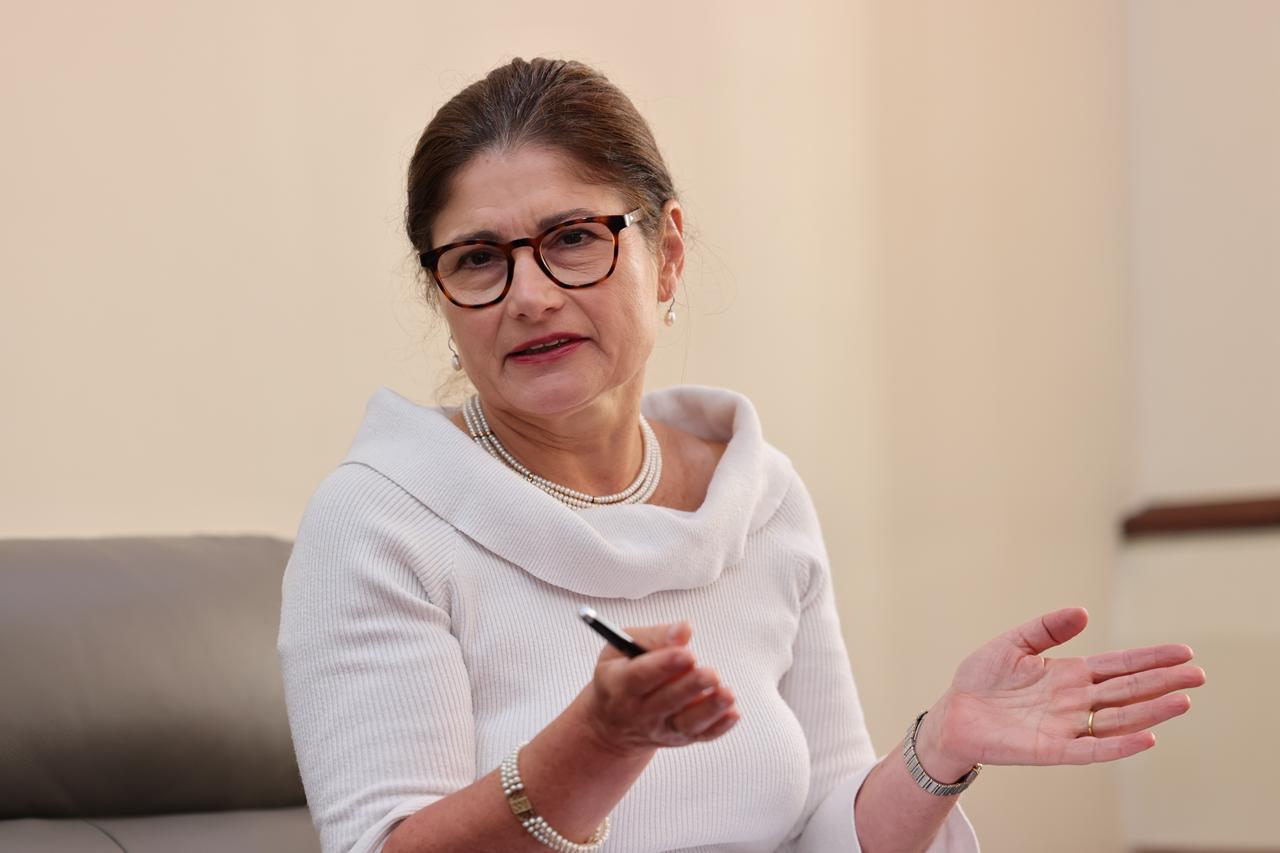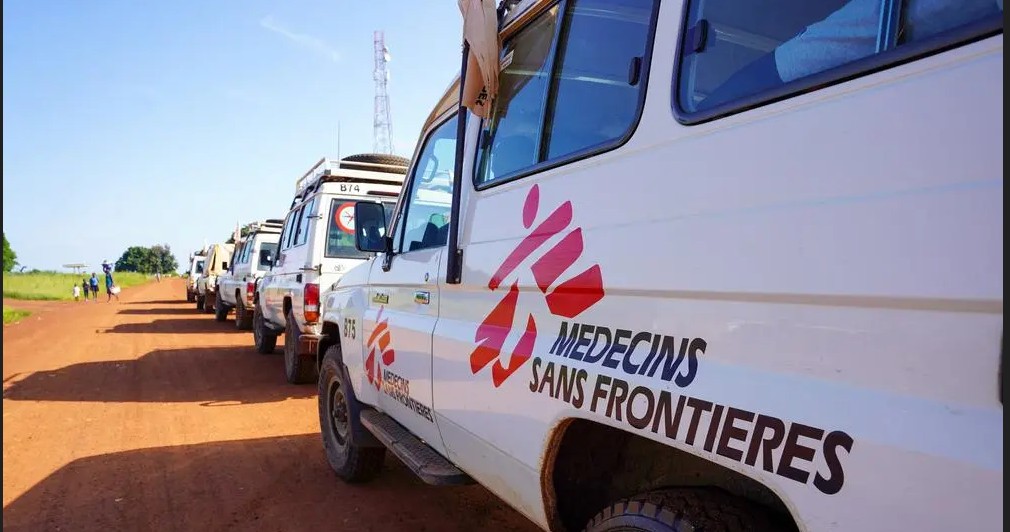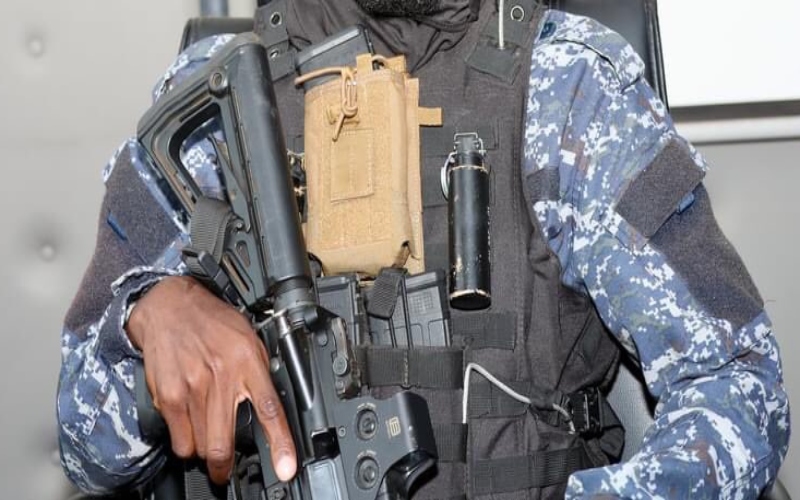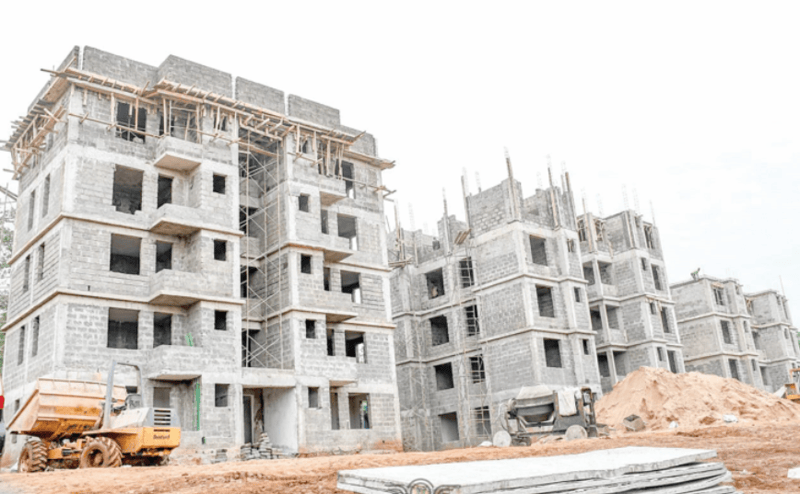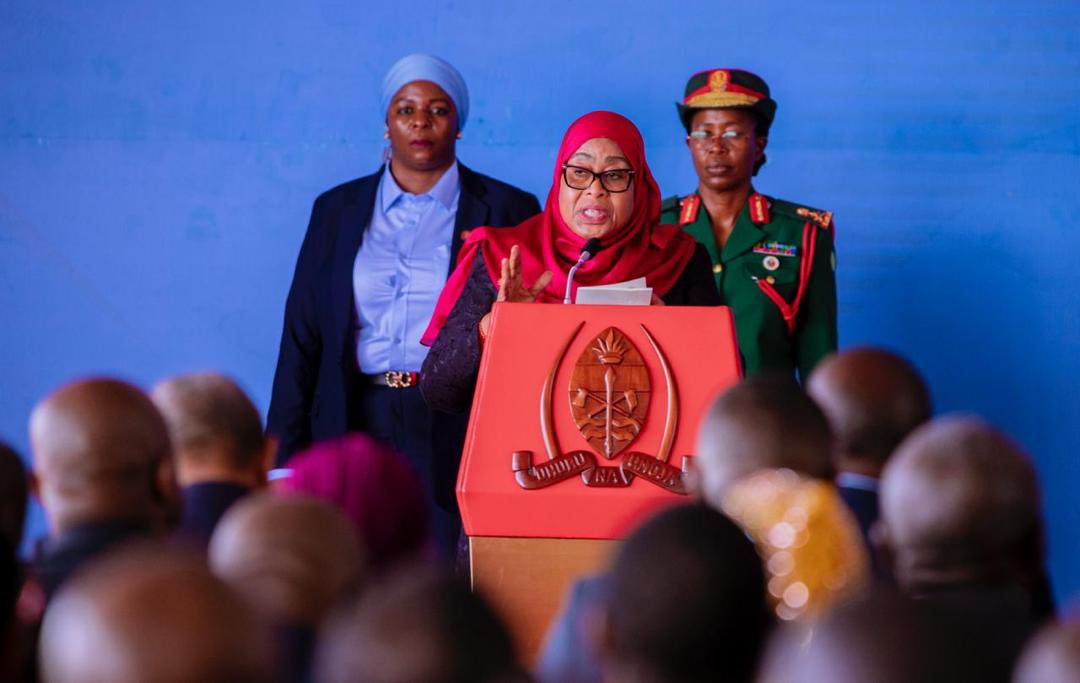UNHCR warns of deepening humanitarian crisis in Darfur, Kordofan
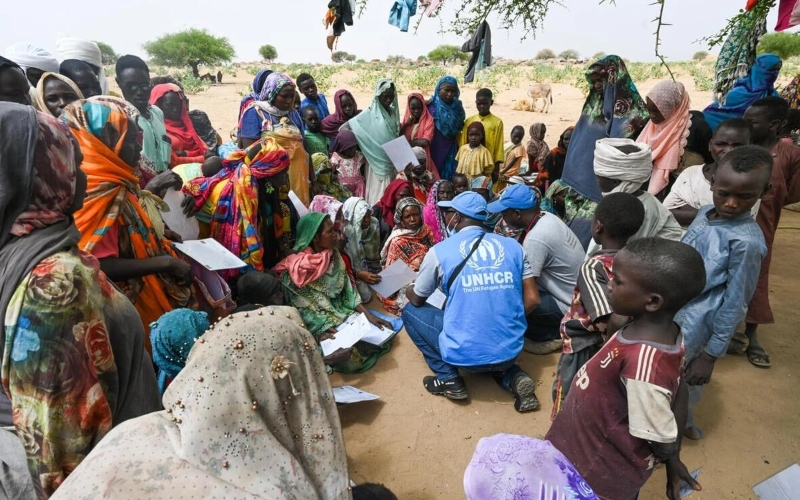
UNHCR notes that women and girls have been subjected to rape and other sexual violence, while parents search for missing children separated during the chaos.
A severe humanitarian crisis is deepening in Sudan as fighting in Darfur and Kordofan forces tens of thousands of civilians to flee, many having been displaced multiple times, the UN Refugee Agency (UNHCR) reports.
The escalating violence exposes families to extreme risks along long and treacherous escape routes, while many remain trapped in conflict zones without aid.
More To Read
- MSF raises alarm over extreme malnutrition as Sudan crisis deepens
- Sudan war: Aid teams plead for access to thousands trapped in El Fasher
- Kenya reaffirms commitment to political solutions for regional conflicts
- Refugee group raises alarm over lending traps facing displaced families
- Families in Sudan ‘running out of time’ as hunger spreads
- Thousands flee, RSF pushes east as Sudan conflict escalates across Darfur and Kordofan
Those reaching Tawila, approximately 50 kilometres from El Fasher, and nearby settlements recount horrifying experiences during their flight.
UNHCR notes that women and girls have been subjected to rape and other sexual violence, while parents search for missing children separated during the chaos.
Families unable to pay ransoms have lost young male relatives to detention or forced conscription by armed groups, leaving communities traumatised.
Shorter routes to safety are blocked by armed checkpoints, forcing many to take extended journeys that can span over 1,000 kilometres and up to 15 days.
Since El Fasher fell, 2,000 people have arrived in Ad Dabbah in Northern State, joining approximately 35,000 who had previously reached the area during the months of siege.
New arrivals report that their possessions, including phones, jewellery, clothing, and cash, were looted, and transport providers demanded high fees, turning the flight into yet another form of abuse.
Reports have also emerged of people being forcibly returned to El Fasher by armed groups along their route.
Meanwhile, conditions inside El Fasher are deteriorating rapidly. UNHCR has received reports from local networks that thousands of people, particularly the elderly, disabled, and wounded, remain trapped in the city, either blocked from leaving or too weak to move.
In the past two weeks, almost 100,000 people have fled El Fasher and surrounding villages, seeking safety in other parts of North Darfur and neighbouring states.
Most had already been displaced previously, largely from Zamzam and Abu Shouk camps or unsafe neighbourhoods in El Fasher.
Fighting has also reached western parts of Sudan, including North Kordofan, uprooting nearly 50,000 people in recent weeks, many of whom had already experienced earlier waves of violence.
Conditions at arrival sites, including Tawila and Ad Dabbah, remain dire. Families are sleeping outdoors or in makeshift shelters, with extremely limited access to clean water, food, and medicine.
Health workers warn of rising malnutrition, particularly among children and pregnant women. The newly displaced display visible signs of trauma after months of siege and repeated uprooting.
UNHCR and partners are expanding their emergency response to reach those most in need across Darfur, Kordofan, and Northern State.
Protection desks have been set up in Tawila to provide counselling, family tracing, and support for vulnerable individuals. Children who are unaccompanied or separated are being registered and referred to specialised service providers.
UNHCR has supplied PEP kits to local health authorities for the treatment of rape survivors and is dispatching shelter materials, household items, and other essential relief from Port Sudan. A UNHCR team is also on the ground in Ad Dabbah to strengthen the response.
The agency calls for an immediate halt to attacks on civilians and safe, unhindered passage for those fleeing.
UNHCR warns that ongoing obstacles to humanitarian access endanger lives and urges all parties “to uphold their obligations under international humanitarian and human rights law, and to grant full, unconditional, and sustained access for humanitarian workers to deliver life-saving assistance to those most in need.”
It also highlights the need to protect frontline responders, many of whom have been killed or gone missing.
UNHCR further appeals to the international community to increase funding and sustained pressure to protect civilians and allow aid delivery.
So far, only 35 per cent of the resources needed for its operations this year have been received, and the agency is urgently seeking $84.2 million to maintain life-saving support into next year.
Sudan continues to endure the world’s largest internal displacement crisis, with nearly 12 million people uprooted. Without urgent and coordinated action, millions of civilians - many repeatedly displaced - face worsening hardship, loss, and suffering.
Top Stories Today
